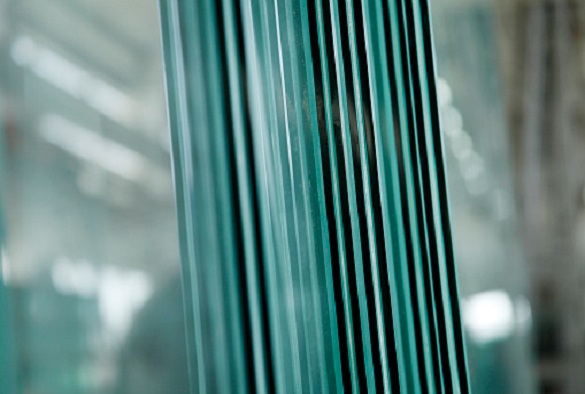Revolutionising the world’s glass industry
Published on

The University of Liverpool is part of a unique industry-backed research and technology consortium, Glass Futures, that has been awarded £9million to revolutionise and ultimately eliminate CO2 from glass production.
Glass Futures will take forward plans to create a glass manufacturing pilot facility that targets the removal of CO2 from the manufacturing process.
The funding is via the Liverpool City Region’s `Building Back Better’ programme which has been supported by the Government’s £900m Getting Building Fund.
Glass manufacturing processes are currently responsible for 2million tonnes of CO2 production per annum in the UK alone. The new pilot facility, based in St Helens, will be one of the world’s first openly accessible, commercially available, multi-disciplinary glass melting sites with provision for research and development trials to decarbonise the UK glass industry.
University of Liverpool researchers from the Faculty of Science and Engineering will provide their expertise in glass and refractory materials to the Glass Futures project, as well as access to University specialist facilities.
Professor Paul Chalker, from the University's School of Engineering, heads up the University’s involvement in the Glass Futures project.
An expert in functional thin films and coatings, Professor Chalker said: “I am delighted our researchers can bring expertise in advanced engineering materials, manufacturing processes and energy to this exciting collaborative project.
“Decarbonising glass manufacturing will require innovation of the fuels used to melt and shape the glass, as well as novel coatings for sheet and container products used widely in architectural glazing, transport, healthcare, nuclear and the food and beverages sectors.”
Funding for the new pilot facility which is estimated to cost £54million is being sought from a number of sources.
Glass Futures is a not-for-profit company, created as a core entity to develop two UK-based Catapult-like” Centres of Excellence in glass comprising R&D, innovation, technology incubation and implementation, training and up-skilling. It brings together the global glass industry and academia.